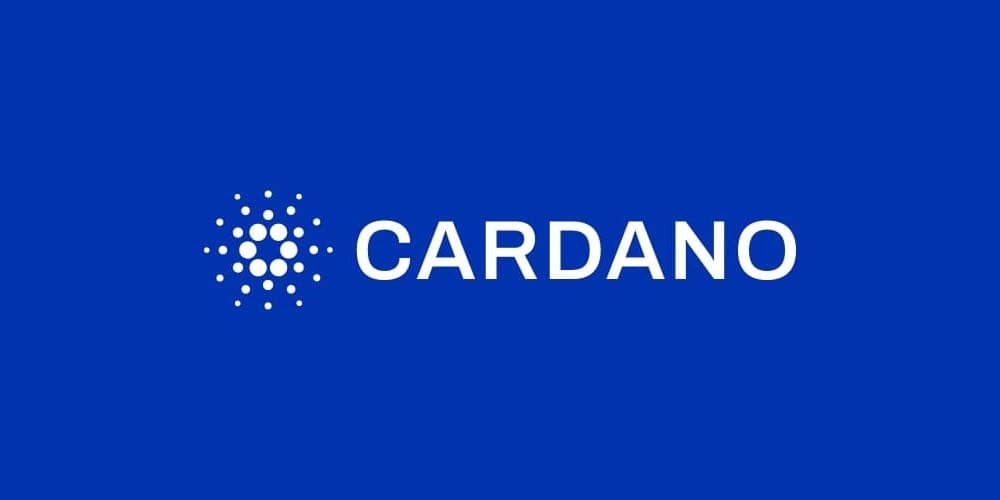Pavel Durov, the Russian-born tech mogul and founder of Telegram, has been detained by French authorities at Le Bourget Airport, sending shockwaves through the global tech, privacy, and crypto communities. His arrest has amplified critical discussions surrounding encrypted messaging, the role of decentralized platforms, and government overreach in regulating digital communication. Critics argue that Durov’s detention represents a direct challenge to privacy rights and decentralized technologies, as Telegram has played a significant role in enabling secure communications for activists, journalists, and cryptocurrency users worldwide.
The Telegram community, alongside high-profile figures such as Elon Musk and human rights advocate Edward Snowden, has swiftly responded, condemning the arrest and calling for Durov’s immediate release. The TON Society, an organization dedicated to advancing Telegram's blockchain endeavors, has framed this development as a pivotal moment in the ongoing battle for digital freedoms. The event underscores the increasing tension between regulatory bodies seeking control over encrypted platforms and proponents of decentralized networks who argue that such platforms are essential for preserving free speech and user privacy.
The Charges and Controversy Surrounding Durov’s Arrest
French authorities have cited allegations including money laundering, complicity in child pornography, and facilitating organized crime as the reasons for detaining Durov. This arrest occurs amidst intensified scrutiny of Telegram’s content moderation practices, as critics claim the platform has facilitated illicit activities by maintaining its encrypted and decentralized nature. French prosecutor Jean-Michel Bernigaud has cited Telegram’s “lighter moderation policies” as a primary concern, arguing that weak enforcement could enable illegal behavior. Meanwhile, Emmanuel Macron has defended the arrest, dismissing claims of political motivation and emphasizing a need for accountability among tech leaders.
Opponents of this arrest, including notable figures such as Vitalik Buterin and Edward Snowden, view it as an extension of a broader campaign against encrypted messaging platforms and decentralized technologies. They contend that governments are systematically targeting platforms that empower individuals to communicate freely beyond state surveillance. The Russian and UAE governments have also criticized the move, demanding a fair and transparent legal process and requesting consular access to the detained Telegram founder.
The Role of TON Society in Advocating for Digital Rights
The TON Society has strongly denounced Durov’s arrest, calling it an attack on human rights and freedom of expression. The organization has launched a campaign advocating for his release, urging international institutions such as the United Nations, the Council of Europe, and the European Union to intervene. Their message emphasizes the importance of ensuring that technological founders and innovators are not unjustly persecuted for providing secure communication tools that empower individuals worldwide.
Beyond Durov’s case, the TON Society’s response highlights the pressing need to safeguard decentralized networks from excessive government control. As authorities worldwide attempt to impose stricter regulations on such technologies, organizations like TON Society insist that decentralization is key to preserving user autonomy and ensuring that no single entity can dictate the flow of information. The fate of Durov’s legal case could set a precedent for future regulatory actions targeting blockchain-based applications and decentralized finance initiatives.
Market Impact: Toncoin’s Volatility
The news of Durov’s arrest had an immediate impact on the cryptocurrency market, with Toncoin—the native token of the Telegram Open Network ecosystem—experiencing a rapid 17% decline. This drop reflects investor concerns over the legal challenges facing Telegram and the potential implications for its blockchain projects. Market analysts suggest that uncertainty about Durov's legal future has dampened confidence in the TON ecosystem's long-term viability.
Despite this setback, TON proponents remain optimistic, arguing that the community-driven nature of the project ensures its resilience beyond Durov’s personal circumstances. The decentralized finance (DeFi) and blockchain development sectors are closely monitoring this case, as its resolution could influence regulatory approaches to cryptocurrency, decentralized applications, and encrypted communication tools. A successful defense could reinvigorate enthusiasm for the Telegram blockchain initiative, whereas an unfavorable outcome might set new constraints on similar projects globally.
Broader Implications for Government Regulation and Decentralized Platforms
Beyond Telegram, Durov’s arrest ignites fresh debates about government regulation of private communication platforms. Some governments argue that encrypted messaging services pose challenges for law enforcement, as criminal elements may exploit these tools for nefarious purposes. However, privacy advocates warn that stepping up restrictions on platforms like Telegram could create a global precedent that legitimizes digital censorship and increases state surveillance.
In recent years, governments worldwide have imposed stricter regulations on decentralized tech, with other high-profile cases targeting Binance, Tornado Cash, and additional blockchain-based financial services. These actions form part of a growing trend of state intervention aimed at imposing greater oversight on the global digital economy. Durov’s legal battle, in this context, is emblematic of a larger struggle between state-driven regulations and efforts to maintain an open, decentralized digital landscape.
Conclusion: The Future of Digital Rights and Crypto
The outcome of Pavel Durov’s legal battles could shape the trajectory of digital rights, online privacy, and decentralized finance for years to come. Should governments succeed in exerting greater regulatory controls over platforms like Telegram, it may accelerate trends toward state-dominated oversight of online communication. On the other hand, if Durov and his supporters can mobilize effectively and challenge these actions, the case could serve as a rallying point for those advocating for digital freedoms and decentralized governance structures.
The ongoing discourse on Telegram’s role in preserving digital privacy, the TON blockchain's resilience, and the broader implications for free speech remains significant. With high-profile figures like Elon Musk and Vitalik Buterin weighing in, this case is bound to continue generating global attention. Whether it signals a turning point for governmental incursions into encrypted platforms or strengthens the case for decentralization, its outcome will no doubt leave a lasting impact on the digital ecosystem.
References
- Brave New Coin: Telegram Founder Arrested, Is Free Speech Under Attack?
- Foreign Policy: Telegram CEO Pavel Durov’s Arrest in France
- Reuters: Telegram Messaging App CEO Arrested in France
- Time: Why the Arrest of Telegram's Pavel Durov Is Sparking Controversy
- CryptoRank: Impact of Pavel Durov's Arrest on the TON Ecosystem





Comments